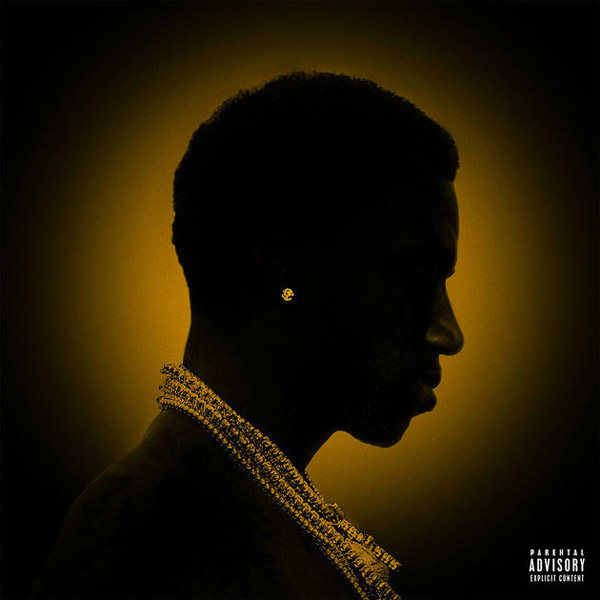
Mr. Davis by Gucci Mane. (GUWOP Enterprises & Atlantic Records)
Start your Christmas shopping early because the “East Atlanta Santa” just dropped a 17-track present. Gucci Mane released his 11th studio album, Mr. Davis, last Friday. The album comes almost a year and a half after the self-proclaimed “Trap God” was released from prison.
After going to prison as a convicted felon, the rapper — whose legal name is Radric Davis— was released early in May 2016. After prison, Gucci Mane became engaged and has been featured on multiple artists’ songs as well as releasing three albums of his own.
Mr. Davis contains features from the biggest names in hip-hop today including Big Sean, ScHoolboy Q, The Weeknd, Migos and more. Each of these artists has a unique flavor that they sprinkle onto each track. However, while Mane does a good job of adopting each featured style, he struggles to put enough of his own flair in each track.
Mane is one of the founders of “trap music,” a genre that has recently upstaged traditional pop music in the charts. This release combines his signature rap style with pop elements that appeal to a variety of listeners. However, such a mixture of pop elements veers away from the trap aesthetic.
The trap aesthetic consists of a life of heavy drinking, strip clubs, drugs and jail time, a lifestyle Mane proudly flaunts. Since his first album in 2005, the trap aesthetic Mane raps about has taken over popular music.
Mane is known for his addiction to “lean”, a drink containing codeine, referenced in most of his pre-prison songs, such as the confessional, piano-driven “Addicted.” After his release from prison, he began rapping about the changes made in his personal and professional life. He discusses these changes on the track “Changed” featuring Big Sean.
“Changed” incorporates Sean’s style of deep beats followed by a series of one-liners with Mane’s verse on his changed lifestyle. Mane raps, “Old Gucci Mane was addicted to drinking / New Gucci Mane is addicted to Franklins.” While some of the tracks mention Mane’s life and recent changes, it’s not entirely the focus of the album. The many featured artists’ style continues to dominate track after track.
The pop-friendly “Tone it Down” featuring Chris Brown sounds like the singles Brown released during the peak of his career in the early 2000s. Complete with an overwhelming hint of auto tune from Brown, the track lacks substance compared to others in the project. While the album itself isn’t standing up for social justice or world hunger, at least some of the songs discuss Mane’s new outlook on life. On the positive side, the beat is catchy and would seamlessly blend into a “kickback and relax” playlist.
Mane only released one song off Mr. Davis as a single prior to the release of the album: “I Get the Bag” featuring Migos. The Atlanta-based trio paired with Mane to create a true trap anthem. However, the beat sounds very similar to almost every Migos song, as do Mane’s verses. He was featured on Migo’s song “Slippery” which sounds almost identical to “I Get the Bag.” Still, the similarity couldn’t quell the popularity, as it was at the top of the charts for weeks. It does, however, lack a certain level of originality one would expect from either artist.
The songs that are solely Mane are sparse and make up less than half the album. While infrequent, they provide the content fans long for in an anticipated Gucci release. The track “Back On” is the epitome of a Gucci Mane song, complete with the trap aesthetic, fast rhymes and deep beats. This song sounds like the old Gucci.
Mr. Davis is a symbol of the new Gucci. A Gucci that is focused on redefining his brand, making money and reaching the top of the charts. While this new brand may feel like he just slapped the Gucci label on other artists’ products and sold it at a markup, it doesn’t hurt that there are good bangers to go with the package.
Contact CU Independent Staff Writer Charlotte Spaeth at Charlotte.Spaeth@colorado.edu.
